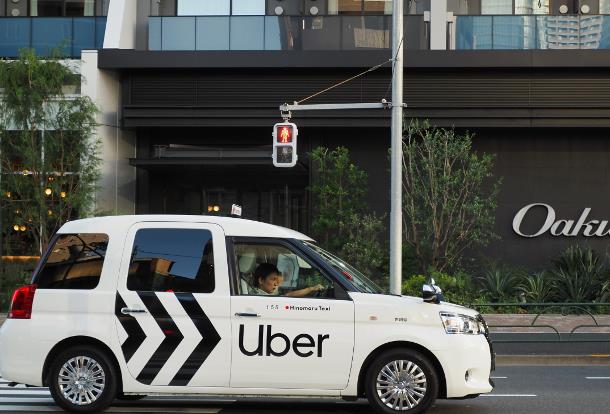Didi-Kuaidi is now recruiting in the USA to realize its plans to set up a US research center to pave the way for its entry into the US market.
Did-Kuaidi said the US offers a more transparent and open environment with less government control and disputes over profit, and this better suits the development of technology startups. He also said it would be easier to recruit global tech talents in the US.
The company has been recruiting from China’s three top IT companies Baidu, Tencent and Alibaba to build its team of smart transport industry and big data technicians, but the pool of talents is still not big enough to meet demand.
Uber’s phenomenal success in the US market indicates high demand in the ground transport market there, and entering the US market would also be advantageous to Didi-Kuaidi’s capital development.
“In only five days, we have already reached our goal of raising US$1.5 million from global investors that we announced the previous week. As the result exceeded our expectations, we now plan to increase the scale of our financing,” Didi-Kuaidi’s CEO Wei Cheng wrote in a letter to shareholders on June 26.
Mr. Cheng said in the letter: “Didi-Kuaidi’s daily transactions have grown from one million to three million since May and weekly transactions have grown 30%. We now make up 80% of the Chinese chauffeur service market and expect our annual revenue to reach US$12 billion this year.”
On the other hand, Uber is continuing with its financing, raising an additional US$1.5 billion in the Chinese market in a new round of financing launched on June 22 with an email from Uber’s CEO Travis Kalanick to investors. Last month, Uber’s market value was estimated to be US$50 billion.
Established in San Francisco in 2009, Uber is now one of the highest valued startups in the USA. Uber entered the Chinese market in August 2013 and launched operations in six cities including Shenzhen and Shanghai under the name People’s Uber. Uber already operates in over 200 cities in 53 countries, according to its latest data released in December 16, 2014.
Chinese car sharing startup Yongche announced in September last year it would enter the US market and launched its service in San Francisco, New York and Phoenix. It has operations in 31 overseas cities including London, Sydney and Tokyo as of February 2015.
However, the market was rife with rumors last week that Yongche was laying off staff in its overseas operations department. In response, a Yongche spokesperson said the company was in the middle of a regular personnel reshuffle and hoped to improve its service model with the cuts.
One manager from a major Chinese OTA said it was more likely that Yongche was too embarrassed to reveal it was letting go of staff because it has run out of funds to finance new operations. However this situation has nothing to do with the development of the overseas chauffeur service market. “As Didi-Kuadi is not only targeting Chinese in its US expansion, but is looking at the bigger picture of the US market. Yongche’s dilemma is of no concern to them,” he said. (Translation by David)




